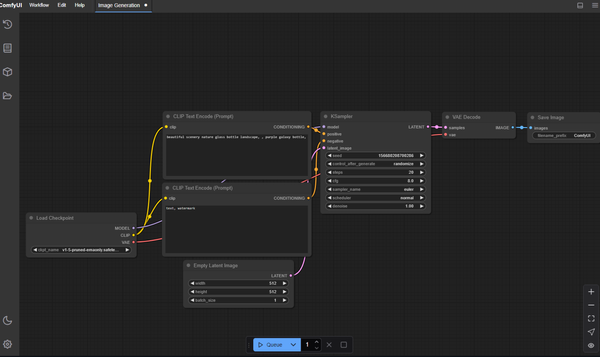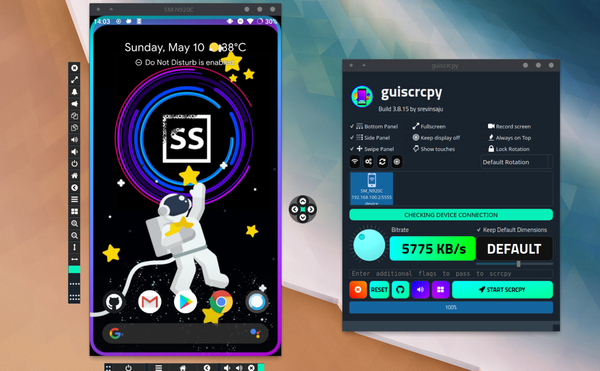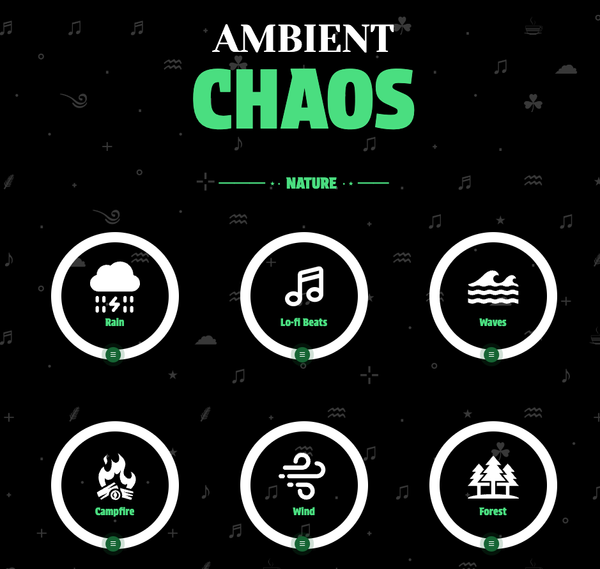Munki: Managed software installation for OS X (Free app)
Table of Content
Munki is an open source project originated by Walt Disney Animation Studios.
Munki is a set of tools that, used together with a webserver-based repository of packages and package metadata, can be used by macOS administrators to manage software installs (and in many cases removals) on macOS client machines.
Munki can install software packaged in the Apple package format and software distributed in "drag-and-drop" disk images.
Additionally, Munki can install many Apple Software Updates on Intel Macs, and can prompt users to install pending Apple updates on both Intel and Apple silicon.
Munki is currently in use at organizations all over the world, managing software for tens of thousands -- perhaps hundreds of thousands of Macs.
Munki is a set of tools that, used together with a webserver-based repository of packages and package metadata, can be used by OS X administrators to manage software installs (and in many cases removals) on OS X client machines.
What can Munki do?
Munki can install software packaged in the Apple package format, and also supports Adobe CS3/CS4/CS5/CS6 Enterprise Deployment "packages", and drag-and-drop disk images as installer sources.
Additionally, Munki can be configured to install Apple Software Updates, either from Apple's server, or yours.
Munki is currently in use at organizations all over the world, managing software for tens of thousands of Macs.
Docs
Platforms
macOS null
License
Apache License, Version 2.0 (
Tags
system,software install,tools,utilities,tool,utility,system tool,install,software manager,productivity










